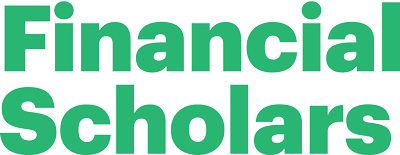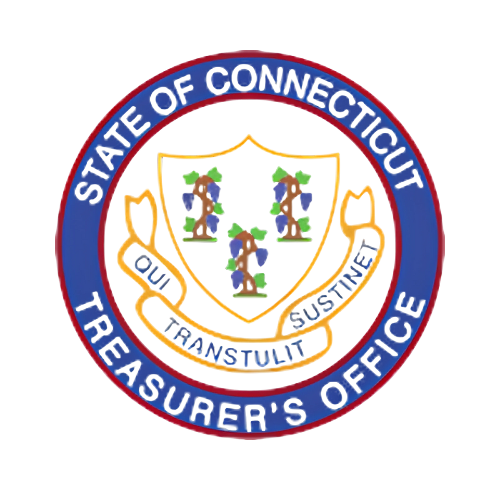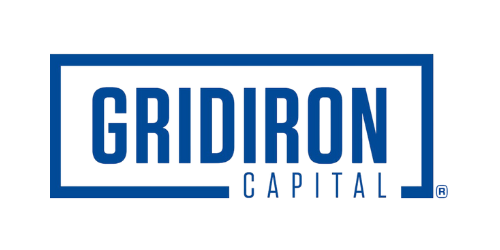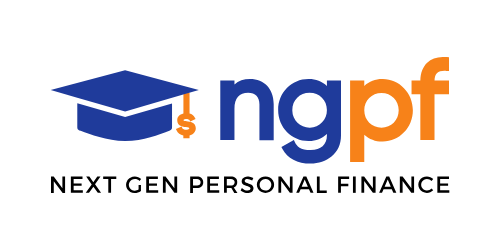
.png)


2
0
1
2
3
4
5
6
7
8
9
4
0
1
0
3
4
5
6
5
5
9
2
0
1
2
3
4
5
6
7
8
9
6
0
1
2
3
4
5
6
5
3
6
1
0
1
2
3
4
5
6
7
8
6
4
0
1
0
3
4
5
6
5
5
9
0
0
1
3
3
4
5
6
7
8
9
0
0
1
5
3
4
5
6
7
8
9
0
0
1
2
3
5
5
6
7
8
9
0
0
1
2
3
4
5
6
5
6
9
Knowledge
At Connecticut Financial Scholars, we believe access to financial empowerment education is critical to overcoming systemic economic barriers.
Our Mission
We provide high school students, teachers, and families with the tools needed to develop financial skills, build greater wealth, and achieve financial empowerment.

.png)
THESE ARE OUR
Values

Relationships Over Everything
We lead with warmth and respect. Strong relationships foster collaboration and staying power.
We Do What We Say
We follow through on deadlines and commitments. Integrity earns trust, and trust builds impact.
Listen. Build. Improve.
We design with—not for—students, families, and teachers. Listening leads to relevance. Relevance leads to real results.
We Find a Way Forward
We face challenges head-on with creativity and care.
Dream Big, Deliver Big
We imagine what’s possible and back it up with action. Bold ideas become reality through good planning and hustle.



Our Story
Connecticut Financial Scholars, established in 2024, is a replication of a proven model launched in Philadelphia in 2020.
The organization is a unique public-private partnership that activates resources from the private sector to implement high-quality financial empowerment education and opportunities to the highest need public school in the state.
Connecticut Financial Scholars partners with schools to offer curriculum and professional development that enable daily in-school financial literacy education aligned with the CSDE requirement, investing enrichment powered by corporate and university volunteers, paid summer workforce development programming for teens, and evening financial empowerment workshops for adults in our school communities.In its four years of operation, Financial Scholars has trained 185 teachers and served 14,351 students.
We're focused on student impact and outcomes: we train teachers and prioritize curricular resources and activities that reflect the diverse backgrounds and experiences of the students we serve. We aim to incorporate culturally relevant materials and examples into our financial literacy curriculum, enabling students to see themselves and their access to bright futures reflected in their learning materials.
Through a commitment to economic mobility and a focus on accessibility, we aim to bridge the opportunity gap and ensure that historically under-served students have equal access to the knowledge and skills necessary for financial empowerment.
Connecticut has two new policy initiatives aimed at reducing the wealth gap in our state: a financial literacy education high school graduation requirement and a Baby Bonds program. Financial Scholars has a track record of effective implementation and is ready to bring our successful programming to Connecticut.
We can help Connecticut become a role model for combatting income disparity and generating economic opportunity for all.
In Connecticut during the 2024-25 school year, we are partnered with 26 schools to serve over 2,500 students. We have a district-level partnership with New Haven Public Schools.

What Board Members
Are Saying
“It was amazing to see how engaged and informed the students were. Impressively, not only did they demonstrate that they understood the concepts and terminology, but they also articulated their preferences for managing their finances responsibly. Such an amazing program that I wish I had in high school.”
(Board Member)

Core Team

Betsy McNeil
Executive Director, CT Financial Scholars
Betsy McNeil is a mission-driven nonprofit leader with more than 20 years of experience expanding opportunity for children and families. She brings a deep commitment to advancing equity, collaborative leadership, and building organizations that create lasting impact in communities facing systemic barriers.
Read Full Bio
Danielle Hernandez
Program Director, Financial Scholars
Danielle Hernandez is the Program Director at Financial Scholars. She supports high school educators by offering guidance on instructional strategies, enhancing curriculum, and creating professional development programs that enhance content knowledge and allow for collaboration among educators.
Read Full Bio.png)
Elisa Oliver
Director of Program Support, Financial Scholars
Elisa is an educator and coach with over a decade of experience in curriculum design, instructional leadership, and personal finance education. She’s passionate about culturally relevant teaching and believes all students deserve classrooms that reflect their full selves and prepare them for a financially empowered future.
Read Full Bio
Kerry Wagner Woodward
Executive Director, Financial Scholars
Kerry Wagner Woodward is Executive Director of Financial Scholars. She oversees curriculum and professional development, school partnerships, corporate sponsorships, program expansion, mission advocacy, and collaborates with the Board of Directors on the strategic vision of the organization.
Read Full Bio.png)
Nancy Kail
Advisor, CT Financial Scholars
Nancy Kail serves as an Advisor to Connecticut Financial Scholars, overseeing special value-added initiatives with school partners including Financial Reality Fairs, the Teen Investors Summit, and other strategic projects that deepen student engagement and expand program impact across the state.
Read Full BioParticipating Schools
- Bloomfield High School
- Bridgeport Military Academy
- Brien McMahon High School
- Classical Magnet High School
- Cooperative Arts and Humanities Magnet High School
- Eli Whitney Technical High School
- Engineering & Science University Magnet School
- Fairchild Wheeler Inter-district Magnet Campus
- Francis T. Maloney High School
- High School in the Community
- Hill Regional Career High School
- James Hillhouse High School
- Metropolitan Business Academy
- New Britain High School
- New Haven Academy
- New Haven Adult and Continuing Education
- Norwalk High School
- Orville Platt High School
- Stamford High School
- The Sound School
- Thomas Snell Weaver High School
- Tourtellotte Memorial High School
- Warren Harding High School
- West Haven High School
- Wilbur Cross Comprehensive High School

Partner Teachers
Board of Directors
- Kristy Berner | Webster Bank
- Kathy Chartier | Members Credit Union
- Yanely Espinal | Next Gen Personal Finance
- Dennis Ever | L Catterton
- Christopher Gaydos | Wellfull
- Mike Gerber | Federal Retirement Thrift Investment Board
- Kevin Jackson | Gridiron
- Monica Joyner | New Haven Public Schools
- Morgan Kelly | Clarkstown HS
- Kenneth McClary | Office of the Treasurer
- Chris Rivers | Social Impact Partners
- Adam Sauerteig | Balance Point
- Alex Schwartz | TPG
- Deb Brennan | Retired
Our Sponsors







The Financial Education Landscape

The Problem (Lack of Resources)

The Solution



Benefits of Financial Education

Teacher Approval

.jpg)



.jpg)
.jpg)

.jpg)
.jpg)
.jpg)
.jpg)

.jpg)
.jpg)


%20Vear(2).jpg)
.jpg)
.jpg)
.jpg)

.jpg)

.jpg)

.jpg)
.jpg)
.jpg)

.jpg)
.jpg)
.jpg)
.jpg)
.jpg)